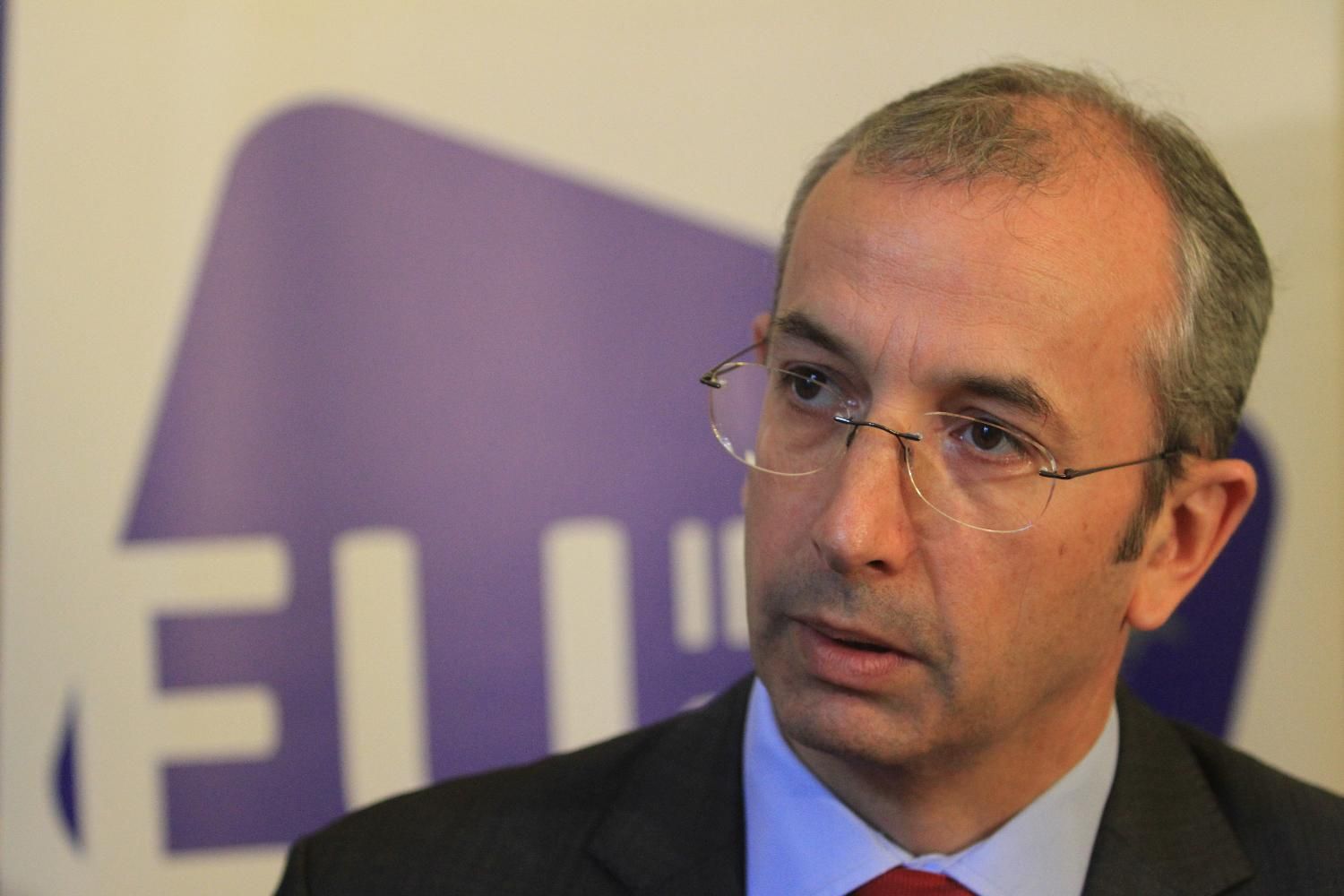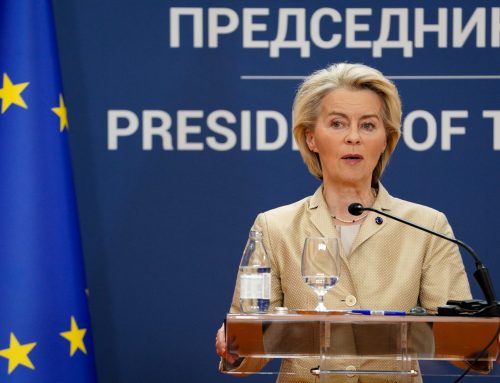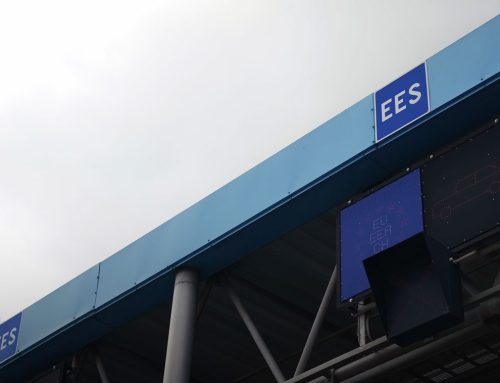Op-ed piece by Ambassador Michael Davenport, Head of the EU Delegation to Serbia, on the occasion of 60th anniversary of the Treaties of Rome published in Politika daily:
On 25th March citizens of the European Union will be marking 60 years since the signature of the Treaty of Rome, the first step towards uniting Europe. As recognised by the award of the Nobel Peace Prize five years ago, the last six decades have brought unprecedented peace, prosperity and security to our continent. This is in stark contrast to the first half of the 20th century, when two catastrophic wars left millions dead and a continent devastated and divided. Countries emerging from war are particularly well place to recognise the dividends of peace.
The Treaty of Rome created the European Economic Community, which subsequently evolved into the European Union. It laid the basis for the creation of a single market in goods, labour, services and capital, also paving the way for common polices on agriculture and transport. It also established the basis for a Customs Union between the six founding states. The 60th anniversary of this momentous treaty offers an opportunity not just to reaffirm the values and objectives on which the European project was founded, but also to recall what the EU stands for in the twenty-first century. This is important for citizens of all 28Member States. But it is just as important for those countries, such as Serbia, which see membership of the EU as their strategic goal.
It is a truism that the world is experiencing a time of great uncertainty. The global balance of power seems to be shifting. And the rules-based international order – of which the EU is such an important part – is being questioned more frequently, and the EU will be called upon to defend the global order as an increasingly vital power.
The EU is the second global economy. We are the largest single market in the world and the leading foreign investor in most regions of the world. At the same time the EU is also in the lead when it comes to creating better global rules. The Paris Agreement on Climate Change is a good example, raising the hope that we will be able to increase our ability to combat the effects of global warming. Significantly, Serbia, as a future member state and key partner, is a signatory to the Paris Agreement and is preparing its implementation.
Facing as we do a more fragile and often hostile global environment, the EU is committed to greater engagement, not retrenchment. That is why we will continue to support and help the United Nations – through peace missions, diplomatic efforts, upholding human rights standards, tackling hunger and fighting criminality. We are proud that Serbian personnel are making a highly valued contribution to EU missions, including in Mali, Somalia and the Central African Republic.
The EU is also committed to a policy of enlargement to include all the countries of this region, including Serbia. Serbia is a close and valued partner in facing common challenges, including migration. Some 65 per cent of Serbia’s trade is with the EU. Around 70 per cent of foreign investment comes from countries in the EU. Although not widely recognised in Serbia, the EU is Serbia’s largest provider of direct grant support – having pledged some €1.5bn over the next four years. Together with the European Investment Bank the EU is also the largest provider of concessionary loan funding, which will be increasingly important as Serbia seeks to modernise its infrastructure to consolidate its economic reforms.
I shall be leaving Serbia in a few days after nearly seven years in your country. As British and then EU Ambassador, my number one priority throughout has been to support Serbia in pursuing its EU path through driving forward far-reaching institutional and economic reforms and entrenching the rule of law. During this period the EU Delegation has worked closely and intensively with the Serbian government, but also with partners outside government, to help achieve this. There is much more to do, but progress has been recognised by the opening of chapters in the negotiations.
It is invidious to single one achievement among many. But I have been especially proud of the speed, scale and vision of EU support to Serbia after the catastrophic floods which you experienced in 2014. Serbia received financial support as though already a Member State. Teams came quickly from 19 Member States to support the emergency clean-up of power stations, schools and homes. EU funds have built or rebuilt over a thousand homes, 80 bridges, 70 schools, kindergartens and health facilities, and supported 34,000 farmers and over 500 small businesses to get back up and running after the floods. Without this support Serbia’s return to economic growth would have taken longer. Looking ahead, the EU is supporting Serbia to build resilience and improve protection from citizens against future natural disasters.




